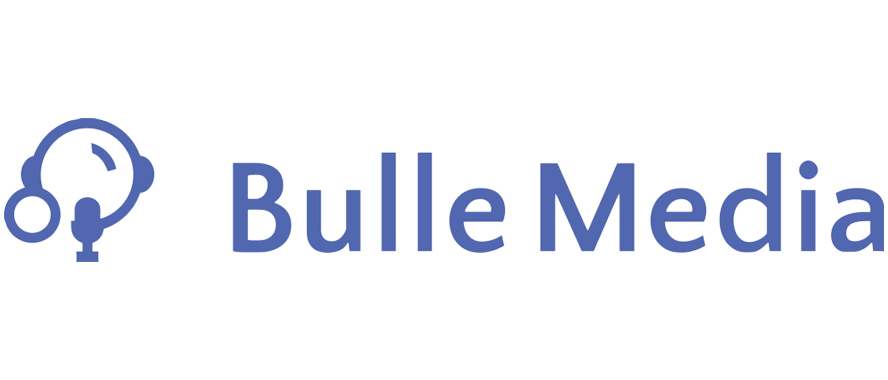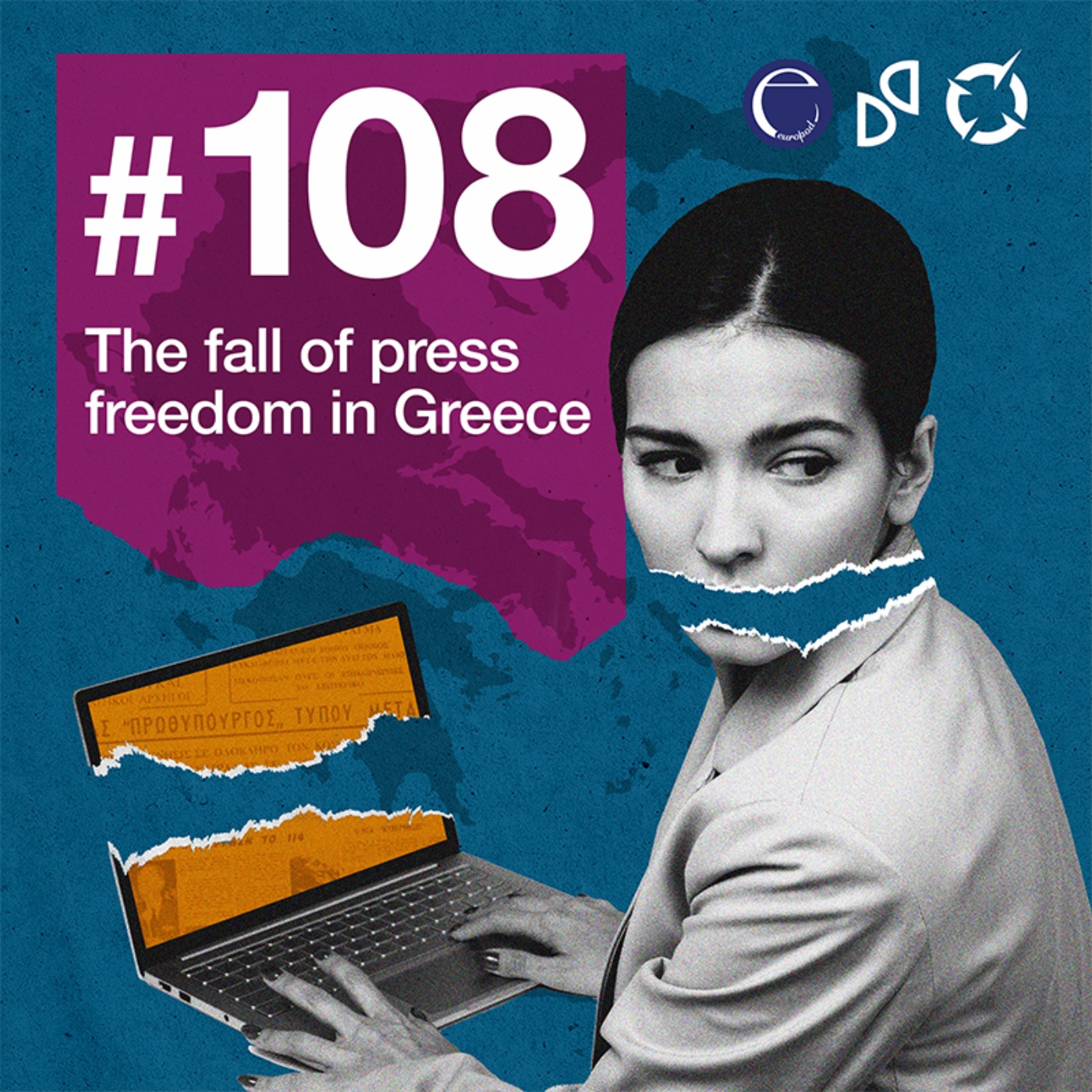Thirty-eight places worse than in 2021 and last in the ranking of EU countries, press freedom in Greece is undoubtedly in free fall. According to the annual report of Reporters Sans Frontières (RSF), in a total of 180 countries, the country referred to internationally as the matrix of democracy has plummeted in just one year from 70th to 108th place in 2022.
In the following six episodes, Greek journalists Konstantinos Poulis and Jenny Tsiropoulou will take us inside newsrooms to see the working conditions in the media, investigate the unsolved murder of a journalist at the door of his house, talk to journalists-victims of SLAPPS and journalists-victims of phone tapping, and they will talk to us about a completely opaque process of public funding to find out what the 108th place means in practice and to ask who benefits from journalism that is feared and silenced.
We would like you to know that the present government has systematically failed to respond to requests from journalists from unfriendly media. In such cases, we report on it in our editorials.
#108 is a co-production between the Greek independent media The Press Project and the podcast production agency Bulle Media. The podcast series is part of the Europod podcast network and was produced under the Sphera project.
The original language of this podcast is Greek. There is also available an English version.
The producer of 108 is Antoine Lheureux. Executive producers are Konstantinos Poulis and Alexander Damiano Ricci.
Scriptwriting is by Jenny Tsiropoulou. Interviews by Jenny Tsiropoulou and Konstantinos Poulis.
Editorial work by María Dios and Alexander Damiano Ricci.
Sound design by Thomas Kusberg. Editing and mixing by Thomas Kusberg and Jeremy Bocquet.


